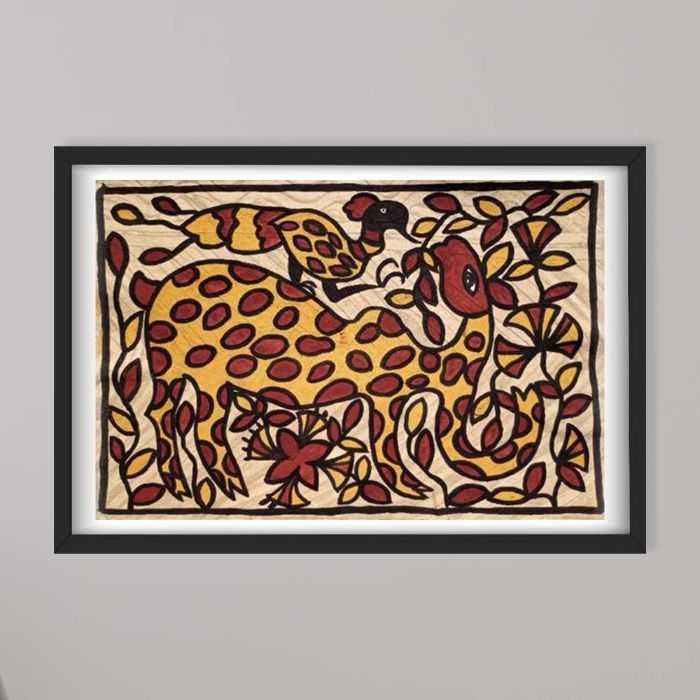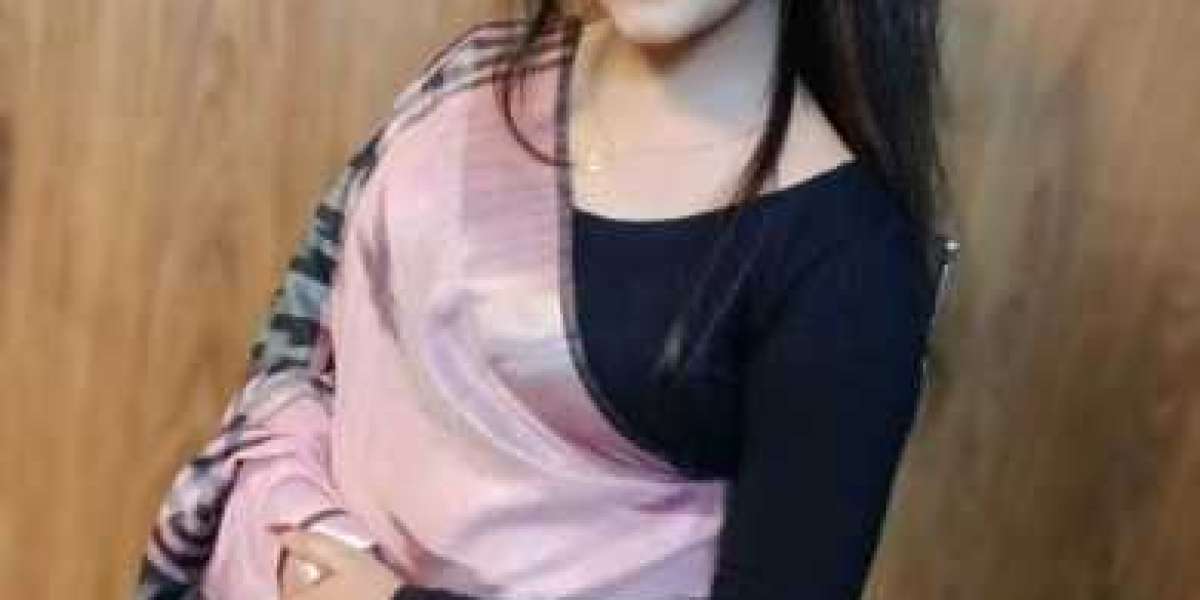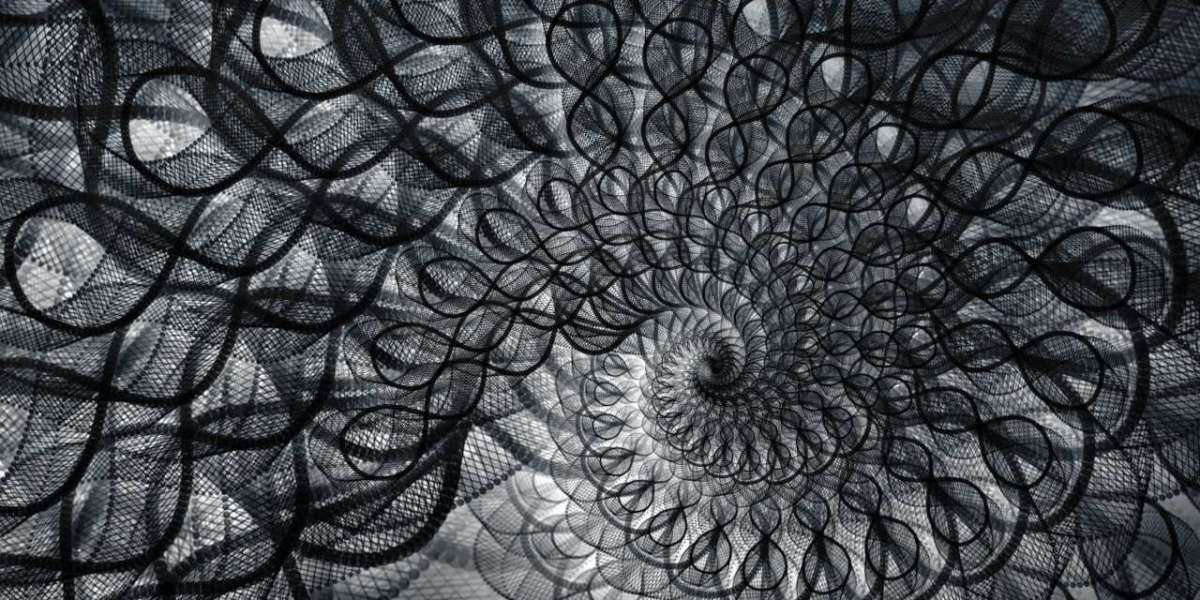Origins and Importance
The Sohrai festival, which is observed around Diwali and during the harvest season, is closely linked to Sohrai painting. This celebration includes rites of thanksgiving for wealth and safety, and it honors cattle, which are vital to agricultural endeavors. In addition to being just ornamental, the paintings made as part of the celebration provide spiritual meaning by conveying prayers and gratitude.
Themes and Techniques in Art
The use of natural materials and simplicity characterize the Sohrai painting approach. The main tools are combs, fingers, and twig brushes; natural materials like red and yellow ochre, white clay, and black manganese are used to make colors. This environmentally conscious method connects the art form to the planet.
Nature and ordinary rural life provide as inspiration for many of Sohrai's themes. Symbolising fertility and harmony, common motifs include birds, horses, and cows. There are also lots of geometric patterns, flowers, and human figures going about their daily business. Every component has a symbolic value derived from the tales and traditions of the society.
The Process of Creativity
Making a Sohrai painting is a group endeavor with significant social and ritualistic value. Plastering walls with a mud and cow dung mixture is the first step in the procedure. After priming the surface, painters cover it with brilliant colors by using their fingers or basic tools to draw their works. Women come together to paint, perform folk music, and tell stories at the Sohrai festival, strengthening ties between them and passing along their culture.
Modern Revival and Preservation
The movement to conserve and publicize Sohrai paintings has picked up steam in recent years. Exhibitions, workshops, and partnerships with modern artists are arranged by several non-governmental organizations and government programs. The longevity of the art form is ensured by recording the methods and narratives behind the paintings.
In addition, Sohrai themes are becoming more and more relevant in the modern period when they are used in modern products like textiles and home décor.
Conclusion
Sohrai's paintings are more than just artistic creations; they are a symbol of Jharkhand's cultural identity and perseverance. We honor the past and make sure it lasts for upcoming generations by continuing this tradition. The vivid brushstrokes that Sohrai uses to create his artwork give us a glimpse of the strong connection that exists between the people of Jharkhand, the arts, and the natural world.









